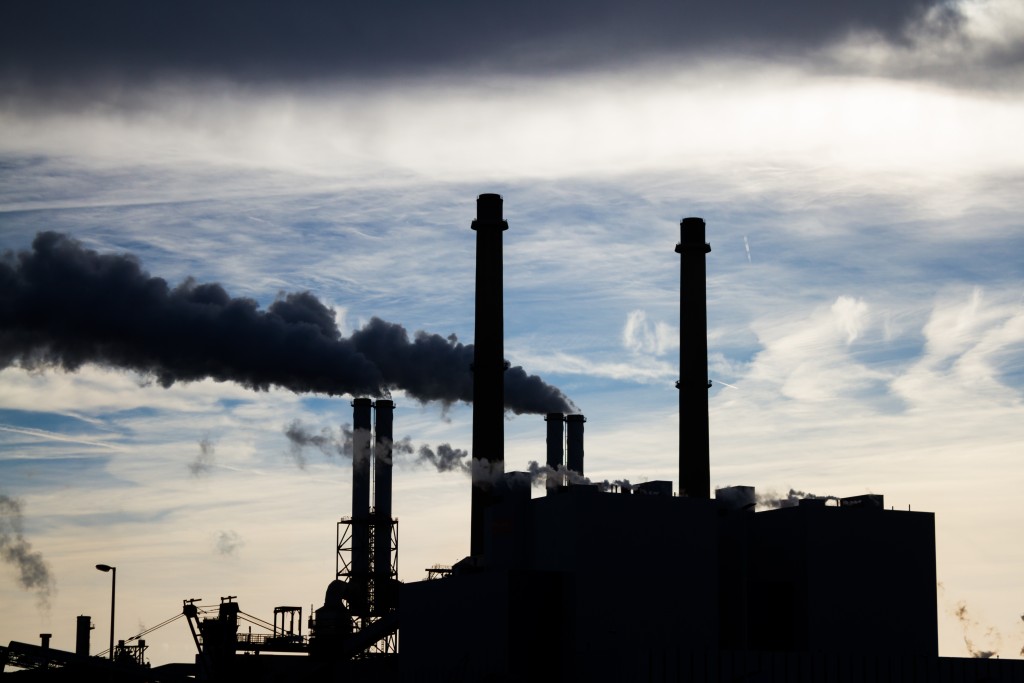
Working to discern patterns of environmental disinformation in an online world
For the past eight years, disinformation has dominated news around elections all over the world. Despite this, it is still a widely misunderstood con...
News

Publish date: February 4, 2020
Written by: Todd Allyn Flach
News
The fossil fuel industries of coal, oil and natural gas are now under attack on four separate fronts. They are unlikely to survive this for long. An historical restructuring and consolidation will soon shrink their size and influence spectacularly. New investments in large fossil fuel projects appear now to be extremely risky, and will very likely destroy investor capital.
Here are the areas where fossil fuels are at threat:
In fact, the death spiral for coal began already in 2010. Coal has seen unprecedented decline after the rise of natural gas, solar and wind power, and in Europe, the increased price of emitting CO2. These together have moved coal-fired power plants to the bottom of the dispatch priority. In many power markets, older coal power plants are being shuttered and demolished as fast as the already weakened utility company balance sheets will allow. Germany recently announced a plan to retire all remaining coal power plants by 2038.
The sad story for coal was briefly good news for natural gas. Using more natural gas and less coal gave electric utilities short-term relief on CO2 emissions costs and pollution limits. Unfortunately for natural gas, it is now under threat from PV+wind+battery storage that are now competitive without subsidies. So the remaining lifetime of high-margin natural gas production and distribution is likely very short, at least when compared to the development cycle of new natural gas fields and transport solutions. Natural gas has a dim business future adapting to increasing competition from renewables and energy storage. These doom natural gas producers to razor-thin profits and steadily declining demand.
Given the confirmed fate of coal, and the emerging existential crisis for natural gas, many thought that oil would reign supreme as the only way to effectively run our road transport. Oil too, has met its match in the audacious rise of electric vehicles, which can now be run on cost-effective renewable energy with virtually no need for oil. BNP Paribas has estimated that oil prices will by 2025 stay permanently below 20 USD/barrel due to the dominance of EVs that are recharged on ever-cheaper renewable electricity.
That covers areas 1 and 2 above. Now comes a brief description of the emerging process of the legal system working its way through attacks 3 and 4 above.
Insurance companies have since their modern inception in the 1600’s focused on assessing liability for damages related to payment of claims. As climate science has rapidly progressed through improved data collection, theory, modelling and predictions, it is now possible to attribute and link the statistical profile of climate change to the profile of natural disasters and subsequent insurance claims. It is the fiducial duty of insurance companies to their owners to seek to recover part of what was paid to policyholders for damage caused by climate disasters. Hence their interest in suing the fossil fuel corporations. This type of lawsuit is called a subrogation claim, which is commonly used in the U.S. by insurers who try to prove those losses that were caused by a third party, which should consequently be held liable for those damages. There are historical precedents in this in cases against tobacco, for instance, and more recently the opiate painkiller industry.
But the jury is literally still out on the legal status of fossil fuel corporations’ liability for climate change. This is being tested in a large number of cases brought by cities, counties and regions against selected fossil fuel companies. Most of the cases are based on recently experienced physical damages and costs to public budgets in the aftermath of catastrophic events or newly observed persistent, ‘blue sky’ flooding in low-lying coastal cities.
However, a twist on this was tested in 2019 in the state of New York. Here the core legal argument used by the state Attorney General is that the fossil fuel industry deceived its shareholders on climate change. In other words, the New York case is motivated by anti-fraud law. The state of New York did not win, but the lessons from this case are expected to unleash a perfect storm of litigation against the fossil fuel industry.
But not only insurance companies and cities impacted by climate disasters are bringing fossil fuels to trial. Fisherman and farmers have filed lawsuits in the United States, seeking direct compensation for their damages, collapse of fisheries and lost crops.
This is the third in a series of periodic articles examining the increasing volatility of investing in fossil fuels.

For the past eight years, disinformation has dominated news around elections all over the world. Despite this, it is still a widely misunderstood con...

A ruling by the European Free Trade Association Court that Norway’s continental shelf falls under the European Economic Area Agreement could dramatic...

Bellona held a seminar on countering Russian disinformation in the Arctic at the Arctic Frontiers international conference in Norway

Our December Nuclear Digest, reported by Bellona’s Environmental Transparency Center, is out now. Here’s a quick taste of three nuclear issues arisin...